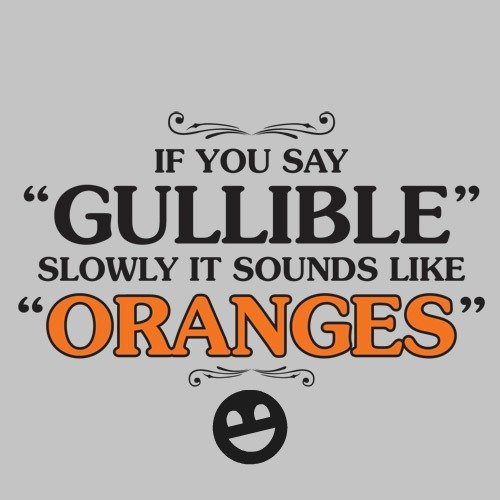Hamlet often comes across as an
insane, delusional teenager who can’t seem to make up his mind. People call him
crazy, indecisive, and some will go so far as to say Hamlet is a madman, but
how can you call mad a man who faces such extensive trauma so early in his life
and still manages to follow through with such well thought out scheme for
revenge? Hamlet is clearly far from crazy and should be interpreted as a genius
struggling after the death of his father and the swift remarriage of his
mother.
It is obvious that many of the
characters in the play think that Hamlet is crazy, and for good reason. Hamlet
has been putting on a show for the majority of them ever since he learned the
truth of Claudius and his father. Beginning in the second act of the play,
Hamlet begins his plot to lower the defenses of King Claudius and Gertrude by
pretending to be insane. After first going through these first few scenes, some
may come to the conclusion that Hamlet isn't acting, and may very well be
insane. Upon further insight, however, you can see that Hamlet is just using
these interactions with Polonius and others to deceive the King. We can make
this deduction when Polonius exits the scene, leaving Hamlet alone with
Rosencrantz and Guildenstern. Hamlet immediately turns back into the witty
prince he is, recognizing them both and having quick conversation. Not only is
he able to have normal conversation, but he is able to see through Rosencrantz’s
lie that they weren't sent by the king. Hamlet’s ability to trick Polonius and
others is nothing but brilliance on his part.
It’s argued that Hamlet is
delusional, because, after killing Polonius, Hamlet is confronted by the ghost,
whom Hamlet can see, but Gertrude cannot. Shakespeare’s decision to make the
ghost only visible to Hamlet could mean a number of things, but it definitely
wasn't meant to portray Hamlet as mentally ill. First of all, Hamlet is not the
only person in the play to have seen the ghost. In fact, a number of characters
have witnessed the ghost first hand: Francisco and Bernardo to name a few. By
this logic, not only is Hamlet mentally ill, but the entire castle guard is
mentally ill as well, including the scholar, Horatio. This argument that Hamlet’s
ability to see the ghost represents his insanity is outrageous, as there is no
reason for Shakespeare to make this decision in his writing. Another theory,
one with slightly more weight, perhaps, is that Hamlet is able to see and
interact with the ghost because he has morals. He is able to see both good,
represented by the ghost, and evil, represented by Gertrude. With this
knowledge, Hamlet is able to make his decisions. Gertrude, however, has lost
her morals (assuming she had some to lose.)
Hamlet may seem to be indecisive
for a good majority of the play, but is it really indecisiveness that keeps him
from exacting his revenge? When Hamlet sees Claudius praying, he has a clear
chance to finish him, though he chooses not to. At this point, Hamlet is not
being indecisive. He’s actually doing just the opposite. From the moment he
confronts the ghost for the first time, Hamlet makes his decision. His
decision, however, isn't just to slay Claudius. His decision is to exact
revenge in the best manner he can come up with. In this sense, striking down
Claudius and presumably sending him to heaven isn't enough. Hamlet needs to be
sure that Claudius spends his eternity suffering in the depths of hell. He
chooses not to strike down Claudius while he is praying lest Claudius is
forgiven for his sins and gains the luxury of eternity in the afterlife. It
becomes obvious to us that Hamlet intends to finish the job when he stabs
Polonius in the curtain. Hamlet doesn't hesitate once he believes he has his
chance to kill Claudius. By this point in the play, there’s no questioning that
Hamlet has made his decision.
Though commonly referred to as a
madman, Hamlet’s genius and wit is exemplified throughout the course of this
play. Though it’s not always clear to the audience, Hamlet is a brilliant young
prince that cleverly and patiently goes about avenging his murdered father and
getting his own revenge against that man that killed him.





